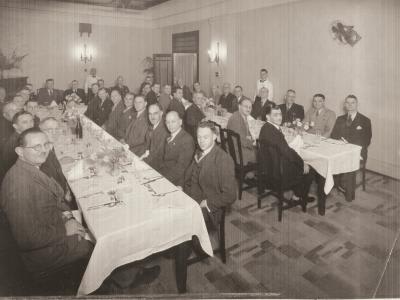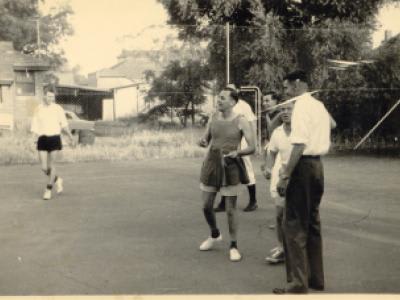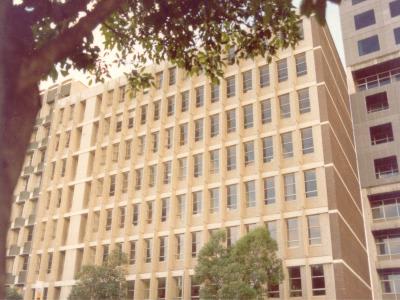AUTHOR

RSM benefited enormously from the buoyant economic times of the 1920s.
The roaring 20s was a decade of economic growth and widespread prosperity largely driven by recovery from the Great War but also fuelled by consumer appetite for goods such as automobiles. These buoyant times allowed RSM to build a strong business platform to withstand the tough times which were sure to follow.
The 1930s began with the Great Depression and ended with the start of World War 2. A tough decade for business with many in Australia not surviving this period. Fortunately, RSM did more than survive the 1930s with this decade seen as an opportunity of great learning and growth.

Focus on structure and strategy
The Wall Street Crash of 1929 led to mass unemployment and economic stagnation across the globe. Although it had been operating as The National Service Company for almost a decade, RSM’s founder (Edgar Woolcott) decided to incorporate the business in 1930 and it became The National Service Company Limited.
Effective business structuring is important at any time, but particularly essential to mitigate risk during tough times.
While the company certainly felt the weight of the Great Depression early in the decade, it’s clear that Woolcott’s ability to forecast and strategise played a central role in its survival.
Staff engagement and surrounding yourself with talented people
Whilst it is common in 2022 (and some might say essential) to focus on staff engagement and retention, RSM recognised very early on the importance of its people.
The progressive Woolcott, who was definitely ahead of his time, understood that times were very uncertain, introduced profit sharing and bonuses for employees recognising the need for focus and engagement from the team. This helped to attract and retain talented staff, which allowed the company build and continue delivering quality services to clients.
Woolcott surrounded himself with talented men and women who could drive the business forward, including Cyril Bird – a young man of many talents who was drawn to the firm due to its reputation for fair remuneration. Sir Cyril Bird’s tenure with RSM was 45 years, including 16 years in the most senior role of Chairman.
Bird was mentored by Woolcott throughout the early 1930s and was eventually appointed as secretary to the company. This allowed Woolcott to step back and become less involved with the day-to-day management of the firm.
During the Depression’s worst period, Woolcott acknowledged that cutbacks to staff and wages may be necessary – but prefaced that any staff who had wages reduced would be recompensated when times improved. Fortunately, there were no layoffs and the extent of sacrifices were limited to a suspension of the staff share scheme and a 20% reduction in wages.
Supporting clients
The National Service Company continued its expansion across Western Australia in the mid-1930s, with a team of skilled advisors responsible for clients in specific regions.
The retention of clients, which made it possible for staff to make a living during those difficult years, was attributed to Woolcott’s marketing abilities.
This is a great reminder to us all that regardless of how weak or strong a business is, and whatever’s happening around us, continuing to build relationships with new and existing clients is vital to success.
Innovate to deliver strategic purpose
Towards the mid-1930s, the darkest days of the Great Depression were coming to an end. Visiting clients at their home or farm remained a key differentiator for the firm and, even though times were still tough, the company expanded the existing fleet of motor cars so it could continue delivering on this promise.
Motor vehicles were still very new in the 1920s and 1930s and Woolcott used this approach to innovation to attract the best talent of the day. Staff were proud and excited to have a ‘work vehicle’ which was used to reach clients all over the state. Even though the 1930s was a period of economic despair the RSM firm was able to grow and expand the business through innovative strategies which differentiated it from other accounting firms.
The RSM policy at that time was that RSM would loan staff the funds to acquire the car and would receive an allowance based on the miles they travelled. This was no doubt one of the earliest salary packaging arrangements seen in Australia.
Our approach to innovation today is unchanged with a good recent example being the development of ‘robots’ to assist clients during the COVID pandemic on questions regarding the JobKeeper subsidies which many businesses benefitted from.
However, the greatest lesson of the 1930s was the power of the team and the importance of having a workplace culture that attracts the best talent available. Our team has always and continue to apply themselves to the solving of client problems as and when they arise.




